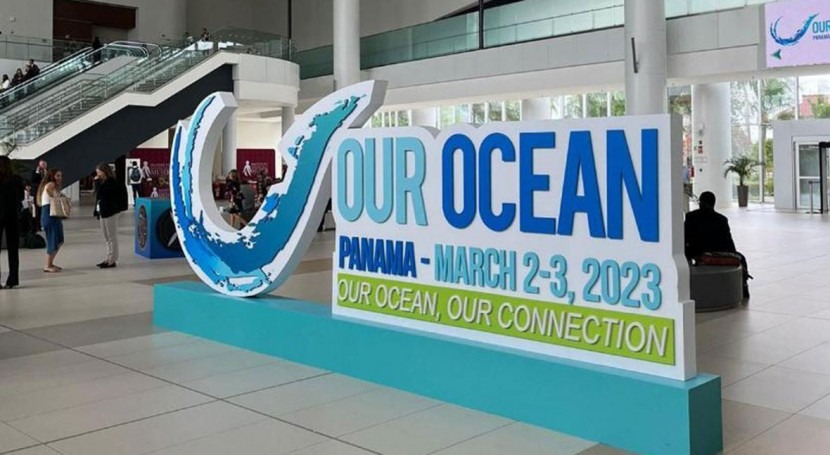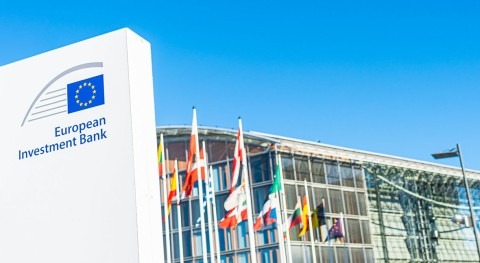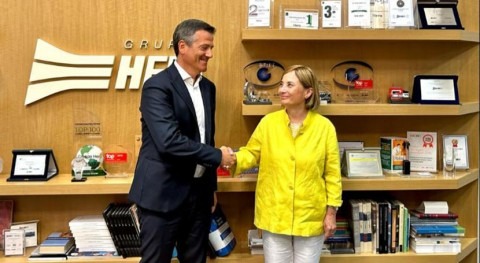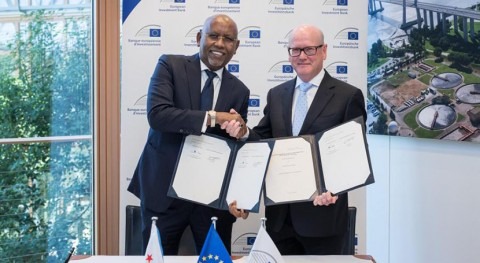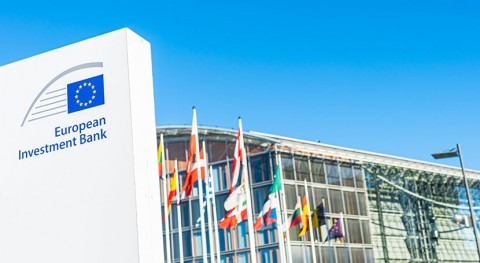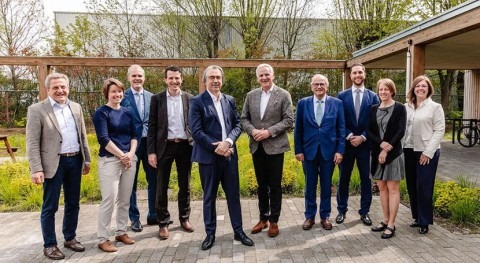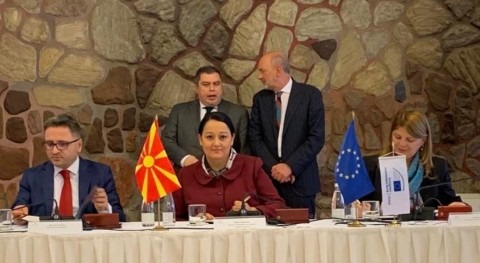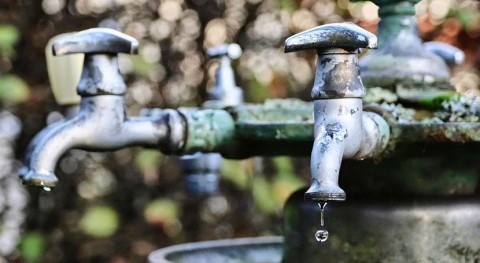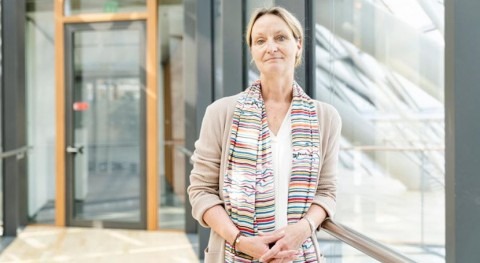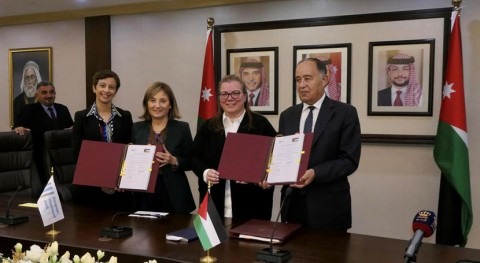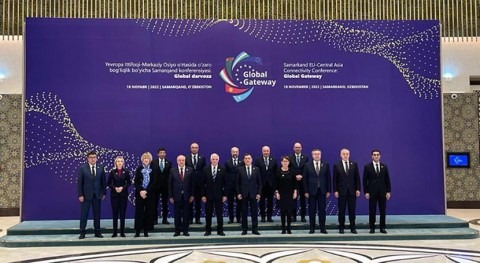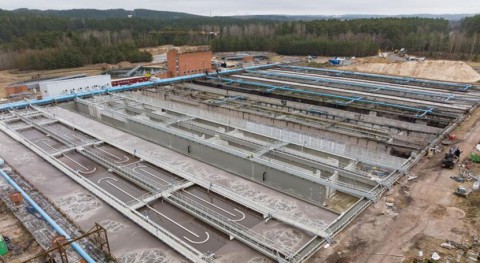The European Investment Bank (EIB), the lending arm of the European Union, has released a new report on “Microplastics and micropollutants in Water’ during the Our Ocean Conference in Panama. The report outlines the adverse impacts of these substances on human and animal life, as well as recent policy developments to address the problem. It also highlights the costs and benefits of investments needed to mitigate these impacts and emphasizes what the EIB is doing to help reduce the release of microplastics and micropollutants in water.
The EIB Vice-President overseeing blue economy, Ricardo Mourinho Félix, participated in a panel focusing on marine pollution and discussed how public policies and scientific innovation can help to tackle ocean contamination.
Speaking at the conference, EIB Vice-President Ricardo Mourinho Félix said: “Discussions today at Our Ocean conference and the new report published by the EIB highlight the threats posed to human and animal life by microplastics and other pollutants in our soils, rivers, lakes and oceans. The EIB, as the EU’s Climate Bank, recognises the need for investment to support a truly global blue economy. Through our Blue Sustainable Ocean Strategy, the Clean Oceans Initiative, and the Blue Mediterranean Partnership we aim to reduce pollution in water and preserve the oceans, together with our partners.”
The report stresses that most microplastics end up in water bodies, directly threatening aquatic life that ingest the particles, and indirectly affecting organisms that consume aquatic life. The report recommends continued investments in new and expanded wastewater treatment plants and stormwater management systems to reduce microplastics pollution.
The investment cost to establish quaternary treatment is estimated at €2.6 billion per year in the EU
To reduce micropollutants, which are almost invisible elements coming from industrial chemicals, pharmaceuticals, cosmetic products, pesticides, and hormones, the report highlights the necessity to invest in additional treatment known as “quaternary treatment.” The investment cost to establish quaternary treatment is estimated at €2.6 billion per year in the EU.
The report concludes on the need to involve the public sector to mitigate the potentially adverse impacts of microplastics and micropollutants through regulation and sustainable financing, some of which may be provided by the EIB.
The EIB has established the Clean Oceans Initiative with its partners to help reduce macroplastic and microplastic pollution worldwide. The initiative has reached 65% of its €4 billion funding target and has invested €2.6 billion in projects benefiting more than 20 million people living in Africa, Asia, Latin America, and Europe.
In addition, the EIB introduced the Blue Mediterranean Partnership as a new commitment to Our Ocean. The partnership aims to support policy reforms, attract donor funding, and mobilize public and private financing for projects initially in Egypt, Jordan, and Morocco.


